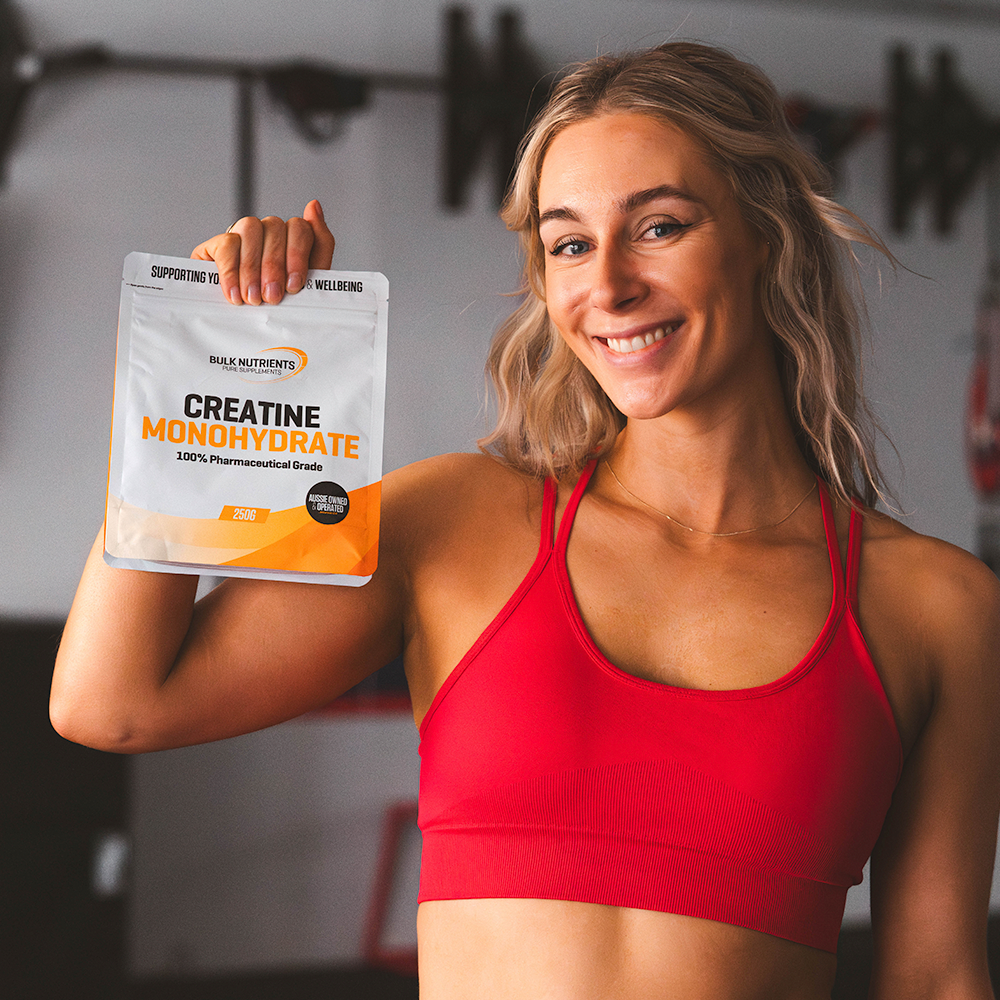Some Known Details About Creatine Monohydrate
Table of ContentsCreatine Monohydrate - TruthsThe Main Principles Of Creatine Monohydrate Creatine Monohydrate Fundamentals Explained
The crucial takeaway is that An intriguing methodical testimonial concluded an unfavorable relationship in between creatine monohydrate supplementation and VO2 max. The writers acknowledge a danger of predisposition with the research study styles because of a need for even more quality over randomization with virtually all research studies included. Only three of the nineteen studies thoroughly detailed the assessment of VO2 max - Creatine Monohydrate.
This varies from professional athlete to athlete, however. If weight gain via fluid retention is a concern, stop taking creatine 1-2 weeks prior to racing to counter fluid retention while preserving enhanced creatine shops. Some people experience stomach discomfort when taking creatine, such as bloating, cramping, or looseness of the bowels. It is very important to keep in mind that not everyone experiences intestinal distress while taking creatine, and it can often be taken care of by adjusting the dosage or taking it with dishes, visit here as described by the International Culture of Sports Nutrition.
It's recommended to use it in powder kind. Concerns regarding the lasting effects of creatine monohydrate supplements on kidney (kidney) feature have actually been increased. Studies done by the International Culture of Sports Nutrition and Sports Medicine program that temporary and long-lasting use creatine monohydrate within recommended dosages does not run the risk of kidney function in published here healthy and balanced people.
6 Easy Facts About Creatine Monohydrate Shown
None of the research studies checked out triathletes. The unfavorable effects reported in the studies connected to weight gain. As stated, the majority of the research studies utilized a higher-dose loading protocol (20g+/ day) in a brief period that might be offset and avoided you can try these out through a reduced dosage (such as 5g/day) for a prolonged period.

Let's look at the main advantages of creatine monohydrate. There is solid, trustworthy research showing that creatine boosts health.
The bulk of creatine is kept in the skeletal muscle mass in a type understood
as phosphocreatine, or creatine phosphate. Creatine aids in the production of adenosine triphosphate, or ATP. Even if they never raised a weights, they would certainly still profit from creatine supplements.